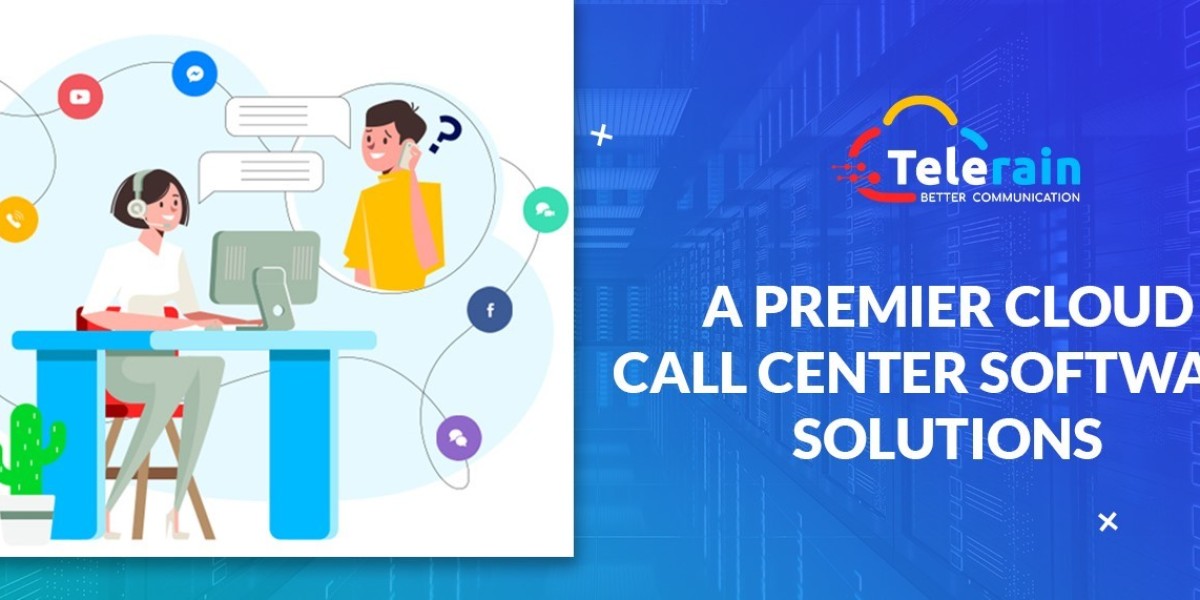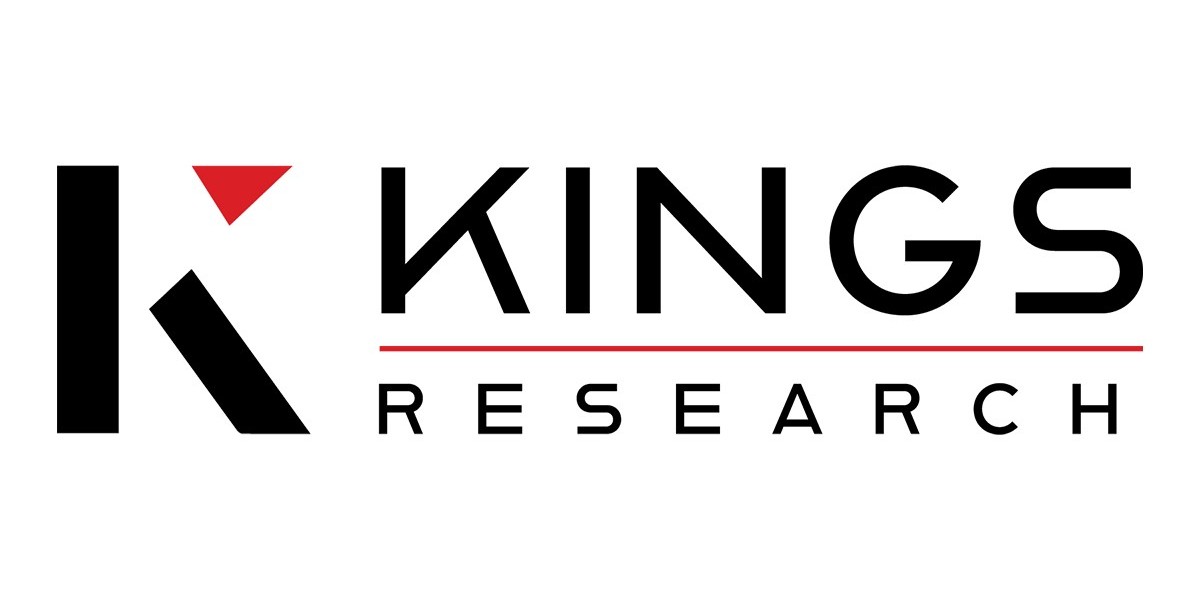Cloud call center software providers implement robust security measures to safeguard sensitive customer data. Data encryption is a critical measure, applied both during transmission and storage. Protocols like TLS/SSL protect data in transit over the internet, while advanced encryption standards (AES) secure data at rest, making it unreadable to unauthorized users. Access controls and authentication mechanisms are stringent, ensuring that only authorized personnel can access sensitive information. Multi-factor authentication (MFA) requires multiple forms of verification, and role-based access control (RBAC) restricts data access based on an individual's role within the organization.
Regular security audits and compliance with industry standards and regulations, such as GDPR, HIPAA, PCI-DSS, and ISO/IEC 27001, are integral to maintaining high security standards. These audits help identify and rectify vulnerabilities, ensuring ongoing adherence to best practices. Data masking and redaction techniques further protect sensitive information, such as credit card numbers or social security numbers, by obscuring or removing them from systems and logs to prevent unauthorized access.
Intrusion detection and prevention systems (IDPS) monitor network traffic for suspicious activities, detecting and responding to potential security threats in real-time to prevent unauthorized access and mitigate breaches. Secure API connections are established with authentication tokens and secure protocols to protect data exchanges between systems from interception and unauthorized access.
Data backup and disaster recovery plans are essential for maintaining data integrity and availability. Regular backups and robust recovery strategies ensure that customer data can be restored in case of data loss due to cyberattacks, hardware failures, or other incidents. Endpoint security measures, such as antivirus software, firewalls, and secure VPNs, protect devices used by call center agents, particularly important in remote work scenarios.
Employee training and awareness programs are crucial, ensuring that staff are knowledgeable about security best practices and can recognize potential threats like phishing attempts. Comprehensive logging and monitoring systems track user activities and system events, helping detect suspicious behavior and enabling prompt response to security incidents.







